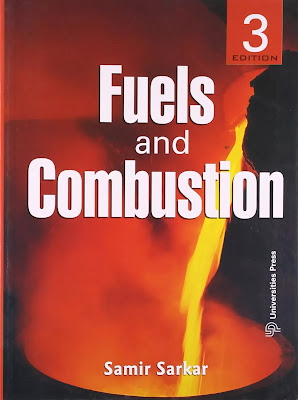Applied Chemistry
Syllabus covers in this subject..
1.Physical Properties and Chemical Constitution of matter
Additive & Constitutive properties: Parachor, Viscosity, Dipole Moment, Molar Refraction, Optical activity, Magnetic properties. Preparation and theory of Solution: Mole Fraction, Normality, Molality, Molarity, Lowering of vapor pressure, Elevation of Boiling point, Depression of Freezing point, Osmosis & Osmotic pressure.
2.General Principle of Organic Reactions
Electronegativity, Electron Displacement Effect, Fission of Covalent Bond, Reactive Intermediate, Organic Species based on Carbon and Nitrogen, Types of Organic reaction and Mechanism.
3. Stereochemistry
Optical, Geometrical and Conformational Isomerism: Optical activity, Polarimeter, Specific rotation, Enantiomers, Diasteromers, Optical activity in Lactic and Tartaric acid, R and S configuration of Optically active compound and E and Z designation of Geometrical isomers. Resolution of racemic mixture.Conformations of cyclic and acyclic systems.
4. Introduction to quantum theory for chemical systems/Co-ordination Chemistry (Chemical Bonding)
Wave Mechanical approach of atom, Heisenberg Uncertainty Principle, Schrodinger Wave Equation, Applications to Hydrogenatom, Atomic orbitals& MO theory, Types of Hybridisation, Structure-Bonding and shapes of certain molecules. Understanding of different bonds.
5. The Phase Rule
Introduction, Phase, Components, Degree of freedom, Derivation of Gibb’s Phase, Three & Four Phase-One component system like water, sulphur systems, Two component -Eutectic systems like Silver-Lead, Zinc-Cadmium, Ferric Chloride-Water system
6. Chemical Kinetics
Introduction, Reaction rate, Units of rate, Rate laws, Order of a reaction, Zero order reaction, Molecularity of a reaction, Pseudo-order reaction, first order reaction with numerical, second order reaction, third order reaction, units of rate constant.
7.Thermochemistry
Introduction, Internal Energy, Enthalpy of reaction, Endothermic reaction, Exothermic reaction, and numerical. Thermo-chemical equations like heat of reaction, heat of combustion, heat of neutralisation, heat of transition, Hess’s Law of constant heat summation and its application, Experimental measurement of heat of reaction.
8. Semi&Non-crystalline/amorphous materials
Classification, structure and configuration of Ceramics, Refractories & Insulators, polymers,copolymers, liquid crystals and amphiphiles: Silicates, glass transition temperature and viscoelasticity. NanoComposites: role of reinforcement-matrix interface. Strength on composite behaviour, Biomaterials, material related to catalyst such as zeolites, silica.
9. Analytical Techniques:
Principles of Electronic, Florescence, NMR & Mass spectroscopy, Surface characterization techniques: SEM and TEM.Introduction to experimental techniques:XRD, PSA, etc. for material characterizationhighlighting links between molecular structure and macroscopic properties.
What we learn from this subject?
- Identify and describe reactivity patterns in organic reaction.
- Explain theoretical principles underlying molecular structure, bonding and properties
- Describe the importance and relevance of Hard and soft materials and also their characterization, properties and uses in engineering applications.
- Distinguish the difference between the different orders of reaction and apply accordingly.
- Utilize different thermo dynamical laws to explain course of reactions.
- Apply the different spectroscopic techniques to explain the inner & surface characteristic of molecules.
Handwritten Notes For this Subject ..
Read Here..
" Password: litebuk "
.
Downloading Links..
High Speed Download
Password for Open File : litebuk






